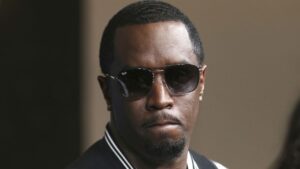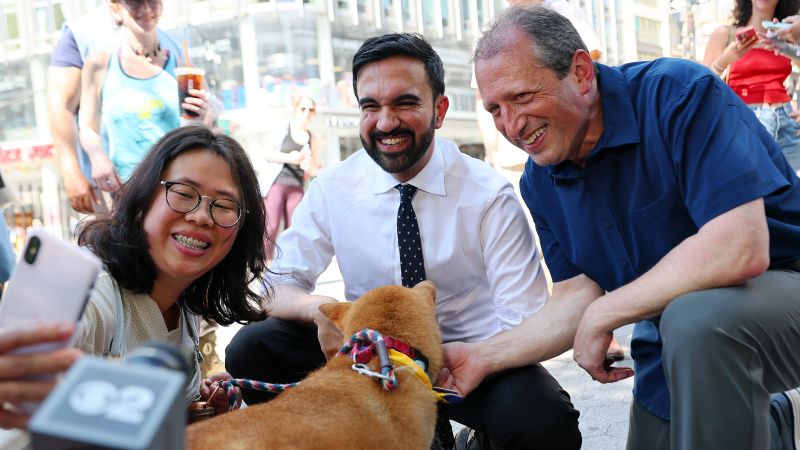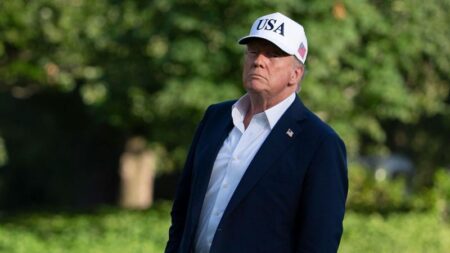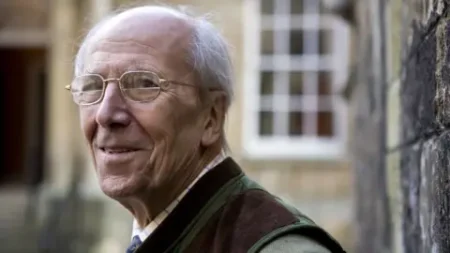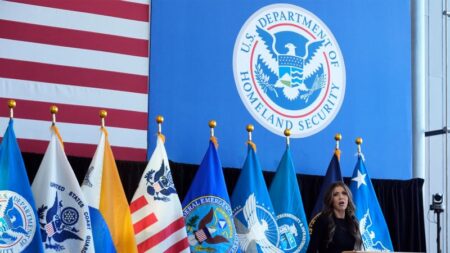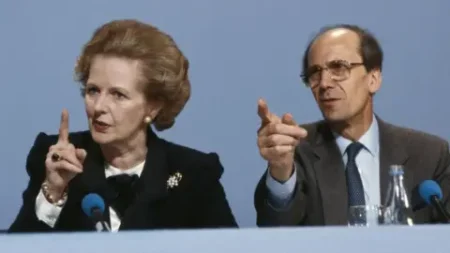In the dynamic political atmosphere of New York City, significant developments are unfolding as Assemblyman Zohran Mamdani emerges as a frontrunner in the Democratic primary for mayor. Though currently leading, CNN projects that his initial support may remain under the crucial mark of 50%, indicating that the final decision will ultimately hinge on ranked-choice voting, a system that allows voters to rank candidates in order of preference. This electoral mechanism could complicate the primary results, extending the decision-making process.
Mamdani, a 33-year-old democratic socialist, showcases a remarkable ascent from relative obscurity to a key figure in the race, capitalizing on viral videos and campaign proposals designed to resonate with younger, progressive voters. His presence and message are not confined to New York City; his emerging candidacy is set to reverberate beyond the city’s borders, placing both himself and his policy ideals into the national dialogue on social issues.
The assemblyman represents parts of Queens, one of the most culturally diverse districts in the United States, which has undoubtedly influenced his political narrative. Mamdani’s rapid rise has faced scrutiny, particularly regarding his perceived lack of extensive legislative experience, coupled with his progressive stances, including his criticisms of Israel, which detractors argue could alienate some constituents in a city known for its diverse views and sensitivities. His candidacy, however, contrasts sharply with former governor Andrew Cuomo, who is attempting a political revival less than four years after resigning amid serious allegations of sexual harassment and mismanagement during the Covid-19 crisis.
Cuomo’s return to the political arena has been anything but smooth. During his concession speech, he acknowledged Mamdani’s lead, stating, “Tonight was not our night; tonight was Assemblyman Mamdani’s night,” hinting at his intent to analyze the votes further once the ranked-choice results are compiled. Indeed, Mamdani was showing strong support across the city’s three largest boroughs, including his birthplace of Queens.
Nevertheless, it is important to acknowledge that, besides Mamdani and Cuomo, the only other candidate garnering notable support is city Comptroller Brad Lander. The dynamics of the ranked-choice voting system complicate the electoral landscape; while Lander has encouraged his supporters to consider Mamdani among their top choices, there remains uncertainty over where their votes will ultimately land once their favored candidate is eliminated.
Looking ahead, the future for both Mamdani and Cuomo appears contingent on the results of the primary. The victor will square off against current Mayor Eric Adams, who is running as an independent in the general election, amidst competition from Republican candidate Curtis Sliwa and potential contenders from independent ballot lines. Notably, both Mamdani and Cuomo may still appear on the November ballot regardless of the primary outcomes; Mamdani could seek support from the Working Families Party, while Cuomo has indicated he might run as a third-party candidate.
If Mamdani does secure a primary victory, it would mark a significant milestone for the Democratic Socialists of America, reflecting the growing influence of progressive politics within New York City and beyond. His campaign has effectively addressed pressing issues such as the affordability crisis, proposing measures like freezing rents and instituting free public transport, all of which hinge on implementing substantial tax reforms.
Conversely, the political narrative is complicated by opposition within some Democratic factions, particularly regarding Mamdani’s controversial positions on Israel and accusations of antisemitism made by Cuomo. These allegations, whether warranted or not, have the potential to create divisions among voters that Mamdani must navigate carefully, particularly as he vies for broader support from progressive constituents who may have reservations about his economic policies.
Cuomo, for his part, faces a challenging path ahead; a defeat in this primary would symbolize a substantial setback in his attempts to reclaim political capital lost due to past scandals. Moreover, he has aligned himself as a moderate alternative to both the more progressive elements of the party and the influence of former President Donald Trump, leveraging his prior governing experience as a pivotal aspect of his campaign appeal.
Ultimately, the forthcoming ranked-choice voting process will unfold over the coming weeks, providing both candidates opportunities for further coalition-building or, conversely, deepening divisions within the party. Amidst this intricate web of interpersonal, movement-based, and electoral issues, the Mayoral race will undoubtedly shape both the political landscape of New York City and touch upon broader societal themes resonating throughout the United States as a whole. As they proceed, the strategic decisions made by Mamdani, Cuomo, and their respective allies will hold significant implications for the primaries and the future of Democratic governance in one of the nation’s most iconic cities.



